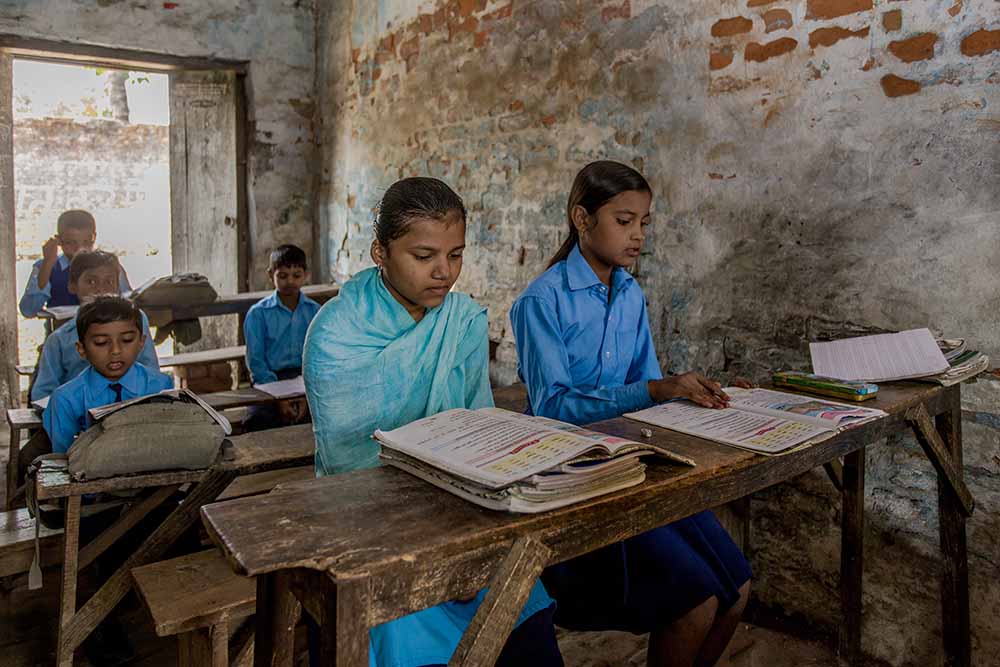A recent report on rural education in India, launched by the Education Minister, reveals that 78 per cent of parents with girls and 82 per cent with boys in rural areas aspire for their children to achieve graduation or higher education. The report, titled 'State of Elementary Education in Rural India,' gathered data from 6,229 rural households across 20 states, focusing on children aged 6 to 16.
Of these households, 6,135 had students attending school, 56 had dropouts, and 38 had never enrolled their children. Notably, 36.8 per cent of parents attributed girls dropping out to helping with family income, while 31.6 per cent attributed it to disinterest. For boys, 71.8 per cent dropped out due to lack of interest, and 48.7 per cent contributed to family earnings.

Around 25 per cent of boys and 35 per cent of girls drop out after primary school due to the unavailability of higher-level schools nearby. The report highlights that 40 per cent of parents have additional reading materials at home, 63 per cent allocate study spaces, and 83 per cent provide uninterrupted study time. However, only 40 per cent engage in daily conversations about school, while 32 per cent do so a few times a week.
The survey found that 64.2 per cent of children are supervised by mothers, 50.2 per cent by fathers, and 26.7 per cent by private tutors. Approximately 84 per cent of parents attend parent-teacher meetings regularly, with reasons for non-attendance being short notice and lack of willingness.
Regarding technology, 49.3 per cent of students have access to smartphones, with 34 per cent using them for educational purposes. About 58.32 per cent of Class 8 and above students have smartphones, and 42.1 per cent of classes 1 to 3 have access. The survey was conducted by the Development Intelligence Unit (DIU) in collaboration with Transform Rural India and Sambodhi Research and Communication Private Limited.